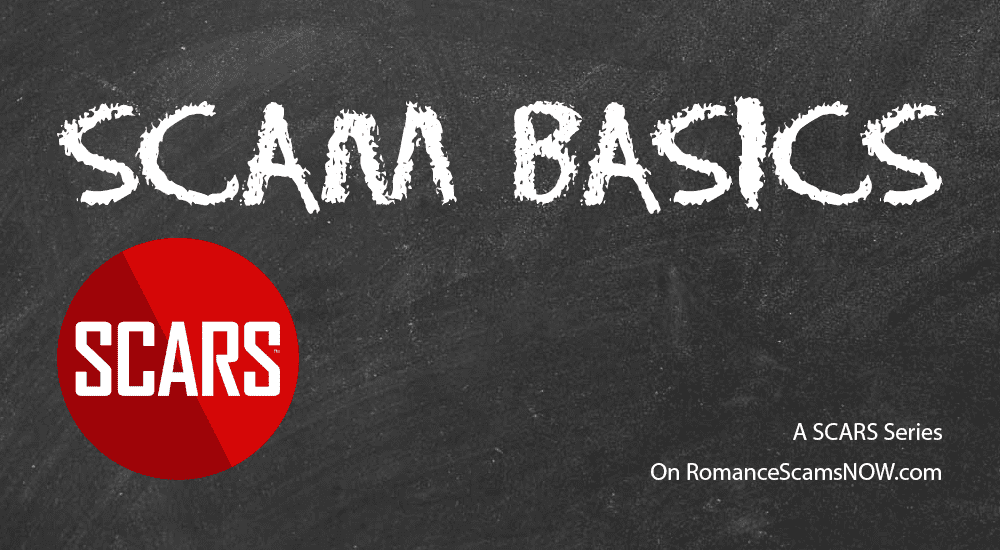White-Collar Crime Includes Scams
These crimes are not violent, but they are not victimless. White-collar crimes can destroy a company, wipe out a person’s life savings, cost investors billions of dollars, and erode the public’s trust in institutions.
The following are examples of White-Collar Crime
Online Financial Fraud
Of course, everyone online understands and knows about these. We will not explore these in this article, except to say that most forms of online scams fall into this category.
Corporate Fraud
These involve accounting schemes and self-dealing by corporate executives, as well as obstruction of justice (activities designed to conceal this type of criminal conduct).
Fraud investigations primarily focus on:
- Falsification of financial information:
- False accounting and/or misrepresentations of financial conditions
- Fraudulent trades designed to inflate profits or hide losses
- Illicit transactions designed to escape regulatory oversight
- Self-dealing by corporate insiders:
- Insider trading (stock trading based on material, non-public information)
- Kickbacks
- Misuse of corporate property for personal gain
- Individual tax violations related to self-dealing
Money Laundering
Money laundering is turning “dirty” money “clean” by making it look like money from crimes actually came from legitimate sources.
Money laundering allows criminals to:
- hide and accumulate wealth
- avoid prosecution
- avoid taxes
- increase profits through reinvestment
- fund further criminal activity
These investigations on money laundering facilitation include: targeting professional money launderers, key facilitators, gatekeepers, and complicit financial institutions, among others.
Criminals who engage in money laundering derive their proceeds through:
- Complex financial crimes
- Health care fraud
- Human trafficking
- International and domestic public corruption
- Narcotics trafficking
- Terrorism
Criminals use a number of tools to launder money, including:
- Financial institutions
- International trade
- Precious metals
- Real estate
- Third-party service providers
- Virtual currency
- Buying and Selling Goods and Services
There are three steps in the money laundering process—placement, layering, and integration:
- Placement is the criminal entering money into the financial system.
- Layering is the most complex and often involves moving money internationally. Layering separates the criminal’s money from the original source and creates a complex audit trail through a series of financial transactions.
- Integration occurs when the criminal’s proceeds are returned to them from what appear to be legitimate sources.
These investigations regularly coordinate with multiple law enforcement agencies, international partners, and industry to detect and disrupt money laundering.
Securities and Commodities Fraud
The creation of complex investment vehicles and the tremendous increase in the amount of money being invested have created greater opportunities for individuals and businesses to create fraudulent investment schemes.
To investigate and help prevent fraudulent activity in the financial markets, the Bureau works closely with various government and private organizations to investigate securities and commodities fraud.
Mortgage and Financial Institution Fraud
Financial institution fraud happens when criminals target banks, credit unions, and other financial institutions. Many schemes involve compromising customers’ accounts or personal information. Embezzlement and misapplication of funds are two common financial institution fraud crimes in FBI investigations. Sometimes, fraud can be severe enough to cause the failure of a bank or credit union.
Mortgage fraud happens when someone lies to influence a bank’s mortgage decision or if a distressed homeowner is the victim of a fraud.
There are two areas of mortgage fraud:
- Fraud for profit: This type of fraud involves professionals in the home buying process stealing cash and equity from lenders and homeowners. These types of cases area priority for the FBI.
- Fraud for housing: This fraud happens when borrowers lie about their incomes or assets on a loan application or influence an appraiser to manipulate a property’s value.
To investigate mortgage and financial institution fraud cases law enforcement participates in task forces that share intelligence, de-conflict cases, and create joint investigations.
Intellectual Property Theft/Piracy
Intellectual property theft involves robbing people or companies of their ideas, inventions, and creative expressions—known as intellectual property. This can include everything from trade secrets to proprietary products to movies, music, and software.
Intellectual property theft costs U.S. businesses billions each year.
The FBI’s intellectual property investigations focus on the theft of trade secrets and copyright infringement on products that can impact people’s health and safety, like counterfeit parts for cars and electronics. The FBI works with partners in the private sector and other law enforcement agencies at all levels to investigate these cases.
Learn more at the National Intellectual Property Rights Coordination Center: http://iprcenter.gov/
Similarly, economic espionage costs the American economy hundreds of billions of dollars per year and puts our national security at risk. In these cases, foreign competitors deliberately target economic intelligence in advanced technologies and successful U.S. industries.
One thing that Impersonation Fraud Victims rarely employ is the removal of their stolen identities using complaints of copyright infringement. Once a publisher, platform, or app is notified of an infringement they must remove the infringing content (images) immediately (per the Digital Millennium Copyright Act.)
To Learn More Also Look At Our Article Catalogs
Scam & Crime Types
More SCARS
- ScamsNOW Magazine – ScamsNOW.com
- ContraEstafas.org
- ScammerPhotos.com
- AnyScam.com – reporting
- AgainstScams.org – SCARS Corporate Website
- SCARS YouTube Video Channel









![An Example of How Scammers Use Emergency Scams - 2014 [UPDATED 2024] - on SCARS RomanceScamsNOW.com](https://romancescamsnow.com/wp-content/uploads/2014/06/emergency-scams.png)

Please Leave A Comment - Tell Us What You Think About This!